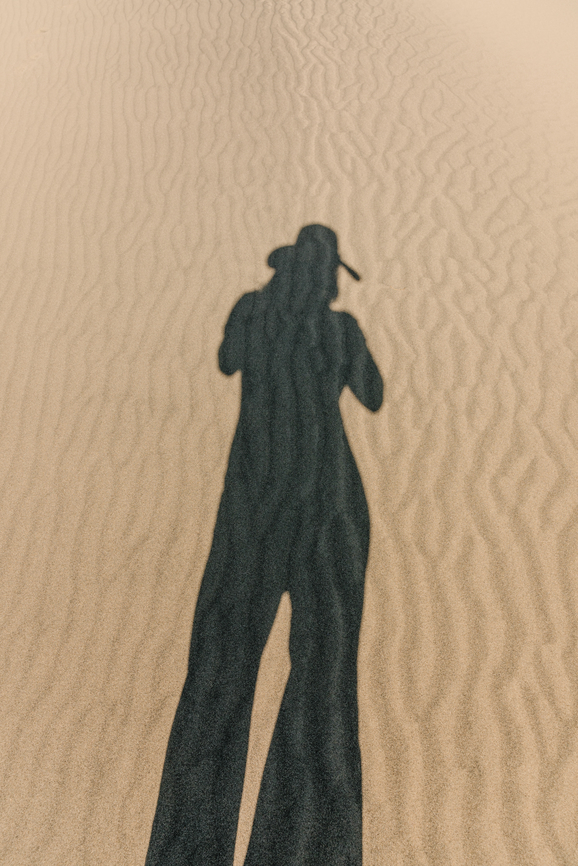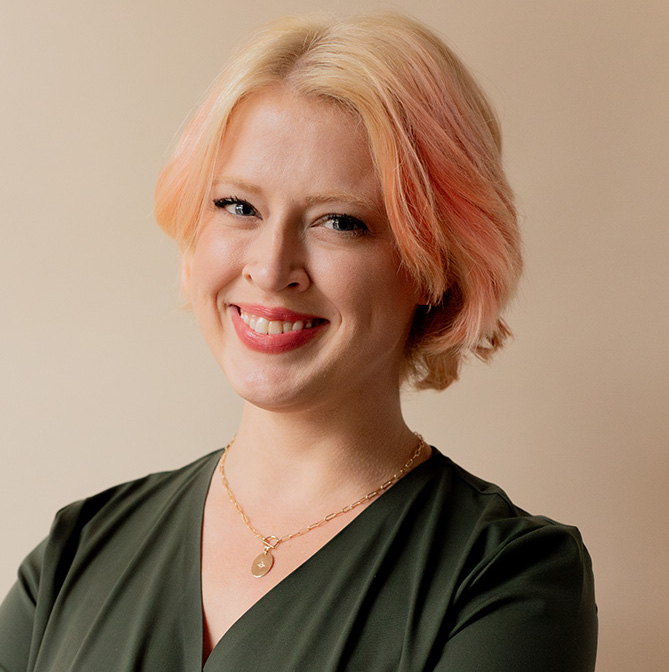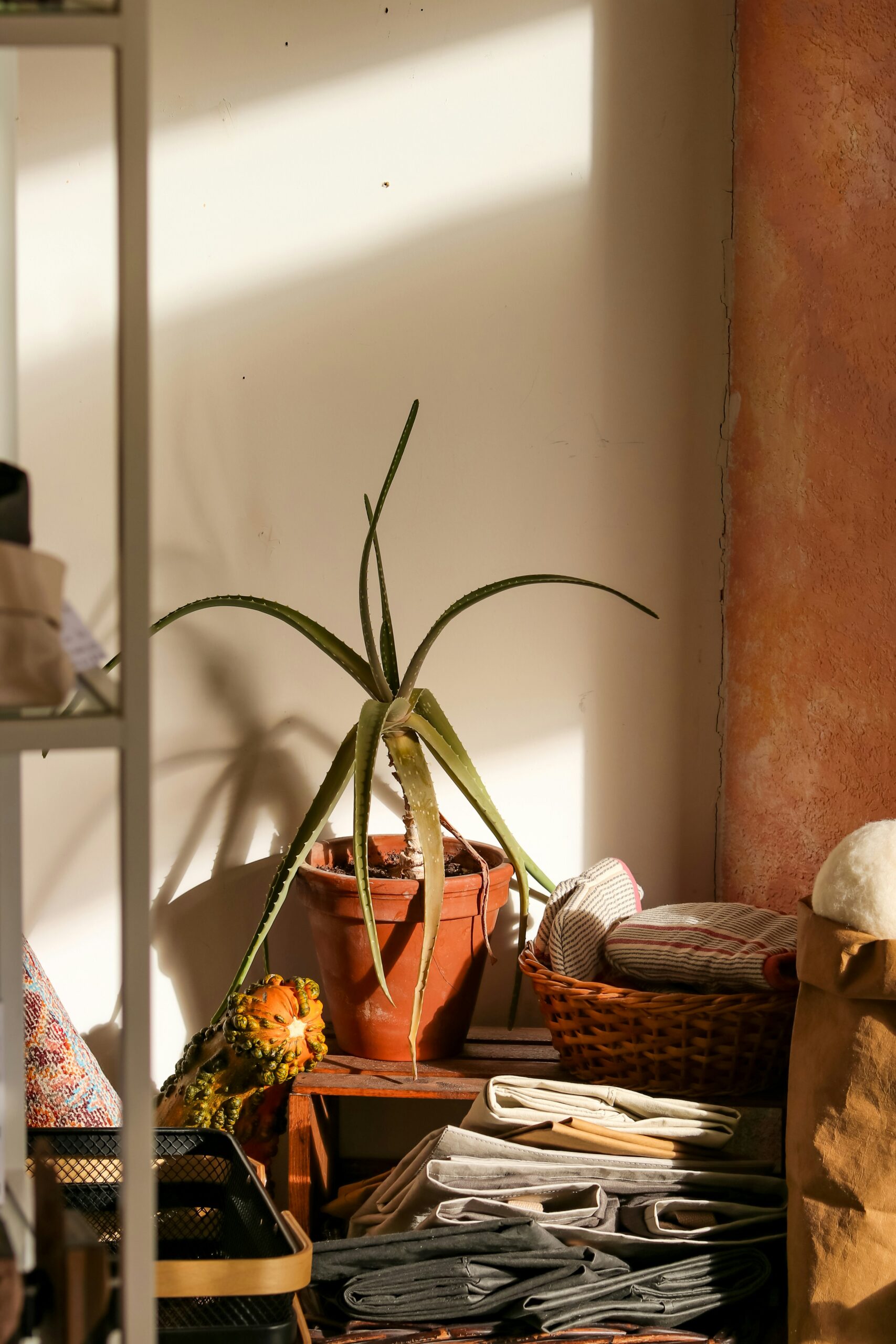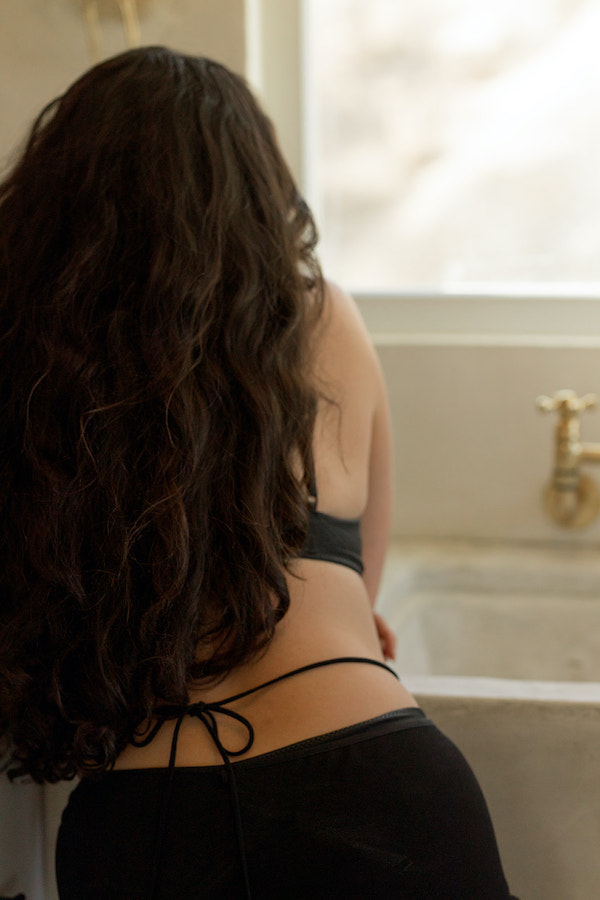
Rethinking Boredom: What To Do When You Feel Bored
“Whaddayouwannado?,” you ask like you’re five years old, fresh out of the summer sun, laying on the floor in the form of a tantrum. “I—am—bored!” The whine escapes your lips. “Anything,” you plead, perhaps to a friend or roommate. “Even if it means vacuuming!”
When the kitchen is clean, homework is done, and Instagram’s dreaded “You’re all caught up!” notification hits, the nothing-left-ness can be overwhelming. Boredom often pairs itself with shame, as well—embarrassment that, in a world of possibilities, we can’t bring ourselves to do even one thing.
So what is boredom, exactly, and why have we convinced ourselves so deeply that it’s a bad thing? And is it okay to get bored? (Spoiler: The answer is yes.)
Boredom is the unpleasant feeling of listlessness that’s accompanied by a desire to find some stimulation. It feels like being caught in a roundabout with no exits, when all you crave is direction. For me, it often comes after a particularly stimulating day, when there is no more commotion to capture my wandering ADHD brain (and thanks to that commotion, I’m also usually exhausted). While everyone’s experience is uniquely characterized by their personality and circumstances, I’d bet that we’re all familiar with being bored once in a while.
“Boredom feels like being caught in a roundabout with no exits, when all you crave is direction.”
Perhaps our annoyance with boredom stems from a fear of indecision, like the world is a blank page, and we’re scared of what to write. Boredom puts us face to face with the emotions we’ve been putting off—it asks us to keep moving rather than sitting in our feelings. The fear can freeze us up, and we end up scrolling the Instagram explore page with no real purpose.
Maybe we’re scared that boredom is a bad thing because we’re taught to value ourselves based on our productivity. “We have been told that our value is measured in how hard we work, and so we put in punishing hours trying to prove that we are valuable and worthwhile,” says Celeste Headlee, journalist and author of Do Nothing: How to Break Away from Overworking, Overdoing, and Underliving.
Headlee notes that this concept is nonsense—because our worth as people isn’t connected to our output. “Part of the productivity brainwashing has been to convince us that boredom is a terrible thing, that we should always be focused on accomplishing things. On the contrary, boredom is a useful state of mind.” That’s because when we’re in a state of low stimulation, our brains kick into high gear looking for something to think about, explains Headlee, which is why we might suddenly find inspiration in the dullest daily moments—like in the shower.
“[We’re taught that] boredom is a terrible thing, that we should always be focused on accomplishing things. On the contrary, boredom is a useful state of mind.”
– Celeste Headlee, Journalist and Author
How, then, do we turn passive boredom into a helpful tool? It all starts with looking at the level of control we have.
“Boredom does not necessarily always come with a negative connotation,” assures Clarice Fangzhou Hassan, a licensed clinical social worker in New York. Hassan suggests starting by assessing the details of your boredom—are you feeling “stuck,” or are you in a hopeless situation?
For people who are simply feeling “stuck,” Hassan says, “Usually it’s a situation where they step out of the primary challenges of survival, and upon achieving all the checkboxes, they want to understand where they want to go to the next step.“
Boredom that accompanies hopelessness, though, requires larger, systemic change that goes beyond individual actions or reframing it in a positive light. This, Hassan argues, is less about boredom and is instead an “institutional lockdown of opportunities to have any control and autonomy over [our] lives.”
It’s important to acknowledge which of these you’re experiencing and practice self-compassion both ways. “Sometimes it’s not your fault at all (for underserved folks, for example),” says Hassan, “and sometimes, it’s a sign for you to make changes and be kind to yourself.”
Once you’ve established whether or not a change is within your capability, instead of asking, “What should I do?” you can ask yourself, “How and what do I feel?” Try exploring these practices to get to the root of what you’re really feeling—or to get an honest (and perhaps humbling) look at your circumstances:
“Instead of asking, ‘What should I do?’ you can ask yourself, ‘How do I feel?'”
- Create a “basic needs” checklist. This can be a literal or figurative list you run through when boredom creeps in. Have you slept? Eaten? Hydrated? Bathed? Before you dive into the big emotional needs, make sure your essentials are cared for.
- Find a feelings chart (like this one!) and find the feeling that most specifically describes your current state. Once you check in on yourself and clarify what you’re feeling, it’s easier to take action.
- Journal or talk it out. Identify whether it’s just simply that you’re understimulated, or whether you are in a situation where you need to seek out help from friends, family, or mental health professionals. Here’s a list of journal prompts based on which emotion you’re feeling.
- Note where your thoughts wander when you get bored. Are you looking for relief, escape, hope, adventure, comfort, or stimulation? Ask yourself what your boredom is asking of you. Discovering the mood you *want* to feel can help you plot a course of action towards your next step.
- Have a conversation with your inner child. “If you wouldn’t talk to your child, or any child the way you talk to yourself when you are feeling bored (‘You are lazy,’ ‘you are bad’), try something nicer,” Hassan recommends. Ask your inner child what they feel drawn towards in the moment, with as much self-compassion (and nonjudgment) as possible.
- Take a break from screens, if you can, and preferably get outside to see the sun. “However short the breaks have to be, it’s important [to get] away from the electronics that make your brain believe you are still working,” Headlee adds. If you’re bored, try not to fill the void with more void (aka doomscrolling).
- Finally, check your breath. I’ve found that most of the time I’m bored, I’m also feeling disembodied. Like a thunderstorm of thought, untethered to a human body. A small breathing meditation or even a squeeze of my arm can remind me that, yes, I am a physical being. By connecting to my body, I re-establish myself. Sometimes, I even embrace where my boredom is taking me.
- And if you’re still not feeling like you’ve got your groove back, here are 99 more things to do when you’re bored.
Boredom doesn’t have to be a problem that needs solved. Instead, consider it a quiet question, one that asks us to examine our mental state—and our lives—a bit more thoughtfully. Next time you feel bored, ask yourself if this might be a moment of calm that invites inspiration—or if the boredom is asking you to look at the bigger picture or painful truths.
Or, perhaps, and what I find for myself most often, your boredom is actually just your body asking you to drink a glass of water. Pause, breathe, and take a drink. Just like that, boredom can be an invitation to stop and ask for directions. Whether we’re asking ourselves or others, these questions can help us chart the best path forward.
“Boredom doesn’t have to be a problem that needs solved. Instead, it’s an invitation to stop and ask for directions.”
Emily McGowan is the Editorial Director at The Good Trade. She studied Creative Writing and Business at Indiana University, and has over ten years of experience as a writer and editor in sustainability and lifestyle spaces. Since 2017, she’s been discovering and reviewing the top sustainable home, fashion, beauty, and wellness products so readers can make their most informed decisions. Her editorial work has been recognized by major publications like The New York Times and BBC Worklife. You can usually find her in her colorful Los Angeles apartment journaling, caring for her rabbits and cat, or gaming. Say hi on Instagram!




